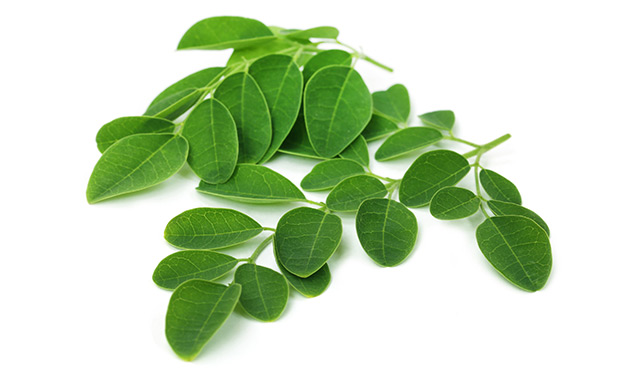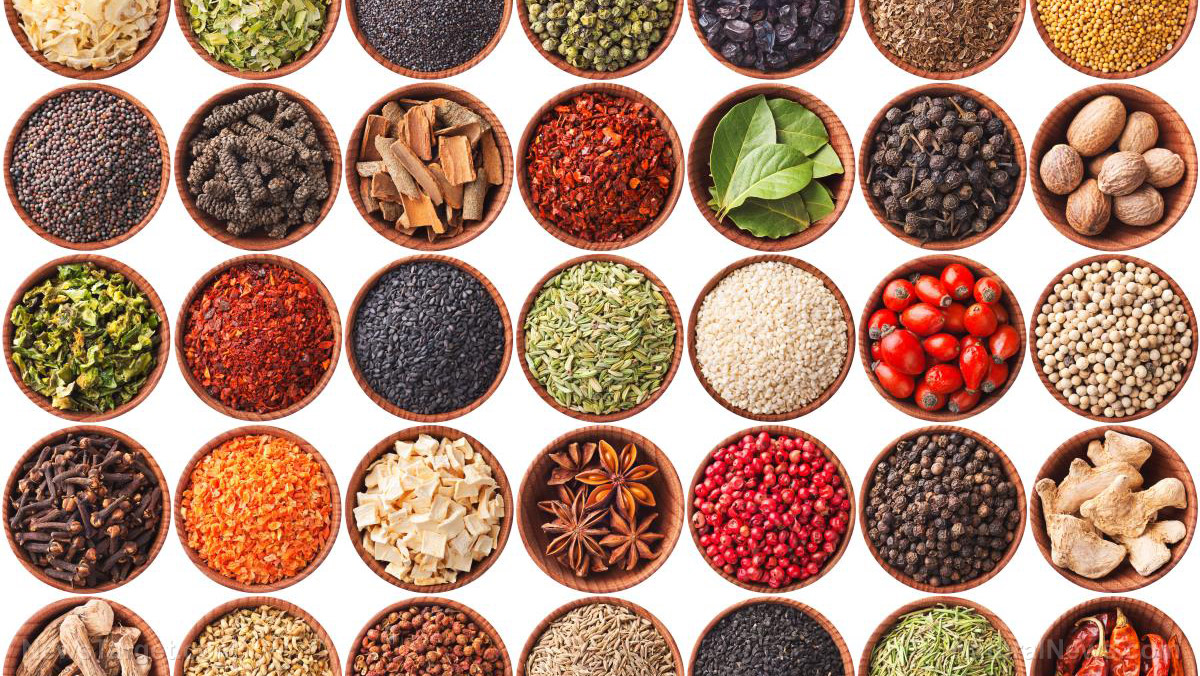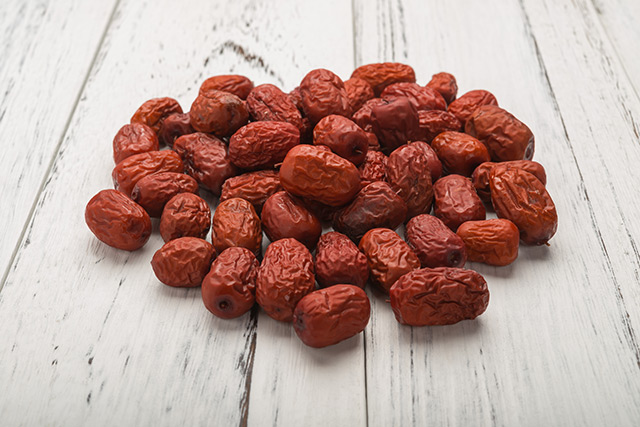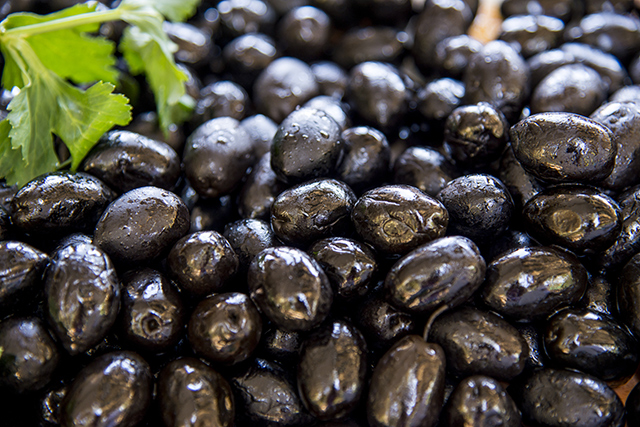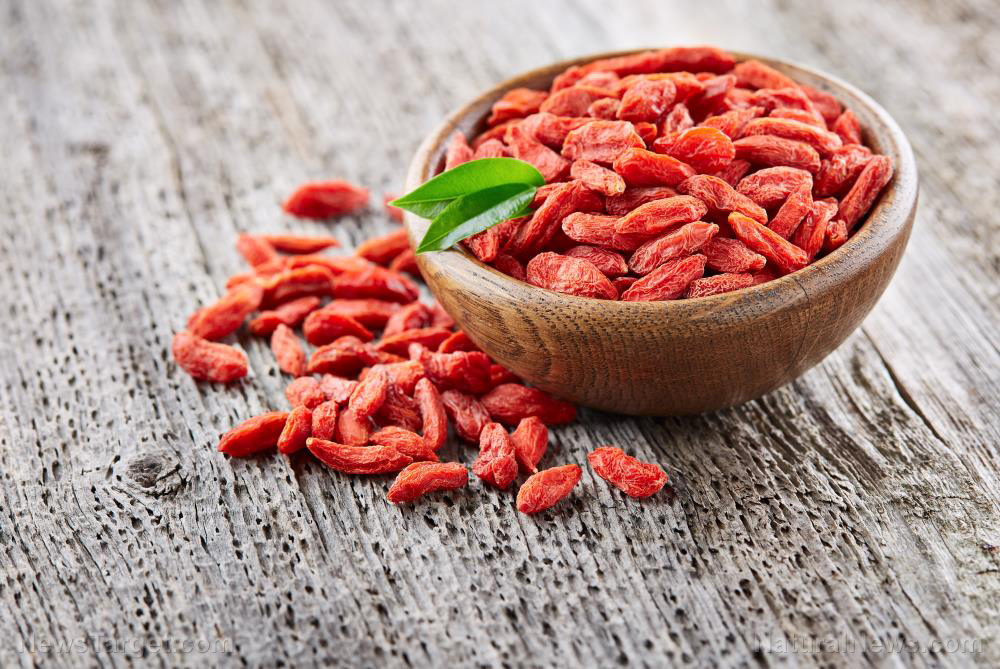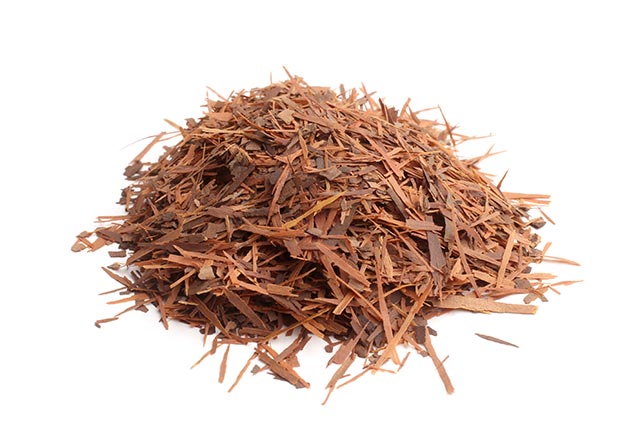Study: Moringa leaf powder improves the immune system of HIV patients undergoing antiretroviral therapy
07/04/2018 / By Michelle Simmons

People with HIV could stand to benefit from adding powdered moringa leaves (Moringa oleifera) to their diet, especially during antiretroviral therapy, as this can improve their nutritional status and boost their immune system, according to research in BMC Complementary and Alternative Medicine.
In the study, researchers at the Université libre de Bruxelles in Belgium compared the effects of daily supplementation with moringa leaf powder against nutritional counseling in HIV patients under retroviral therapy. In particular, the team looked at whether supplementation can improve the nutritional and immune status of the patients during treatment.
The World Health Organization (WHO) defines standard antiretroviral therapy (ART) as “the combination of antiretroviral (ARV) drugs to maximally suppress the HIV virus and stop the progression of HIV disease.” To note, this procedure does not eliminate the virus from the body, but simply prevents it from progressing to more advanced forms such as AIDS. In conventional medicine, most healthcare professionals recommend ART to manage HIV/AIDS.
However, one of the side effects of this type of treatment is the loss of appetite. For instance, cases reported from the Democratic Republic of Congo – where many patients with HIV are treated with ART – include nutritional challenges caused by factors such as loss of appetite, metabolic disorders, or even food scarcity, which places a considerable burden on healthcare facilities as they look for ways to combat this adverse side effect. In some HIV care facilities in the country, moringa is being used to supplement their diet and fight nutritional deficiencies.
The team conducted a clinical trial, where they recruited 60 HIV patients to undergo ART, to test this theory. The participants were divided into two groups: one group was given moringa leaf powder supplement every day for six months, while the other received nutritional counseling in the same period. Researchers measured the changes in the body mass index (BMI) from both groups every month and recorded their biological parameters at the beginning and after the study. They discovered that those who were supplemented with moringa leaf powder had a more significant increase in their BMI and albumin, a substance which helps transport nutrients to the body, than those in the control group.
From the findings, they suggested that supplementation with moringa leaf powder may enhance the nutritional intake and nutritional status of HIV patients receiving antiretroviral therapy.
Alternative treatments for HIV symptoms
A lot of conventional therapies for HIV usually cause side effects, which can range from minor complications such as nausea, loss of appetite, and fatigue, to potentially life-threatening conditions such as diabetes, heart disease, and multiple organ damage.
To avoid these unwanted side effects, here are some alternative treatments that you can try:
- Body therapies – Body therapies, such as yoga and massage, may help relieve pain for some HIV patients. Research has suggested that yoga can improve feelings of overall health and reduce anxiety and depression. In addition, it has been shown to increase levels of CD4 cells, which are immune cells that are attacked by HIV. On the other hand, acupuncture may alleviate nausea and other treatment side effects. It can also relieve pain.
- Relaxation therapies – Relaxation therapies like meditation can help reduce anxiety and help cope with the stress of HIV.
- Herbal medicine – Some herbs may also improve immunity in HIV patients. For example, milk thistle can help improve liver function and does not interact with antivirals. Some herbs, however, may interact with other conventional treatments and lead to adverse reactions. (Related: Powerful anti-HIV medicine discovered in Asian herb that might out-perform all synthetic drugs.)
- Medical marijuana – Medical marijuana can increase the appetite of HIV patients, help ease the pain, and control nausea.
Read more news stories and studies on superfoods like moringa by going to Superfoods.news.
Sources include:
Tagged Under: antiretroviral therapy, food cures, food science, functional food, HIV, malnutrition, medicinal plants, moringa, Moringa oleifera, natural cures, nutrition, nutritional status, plant cures, undernutrition

